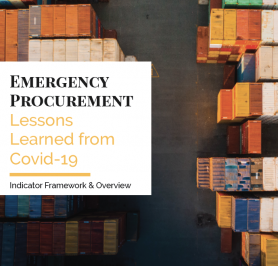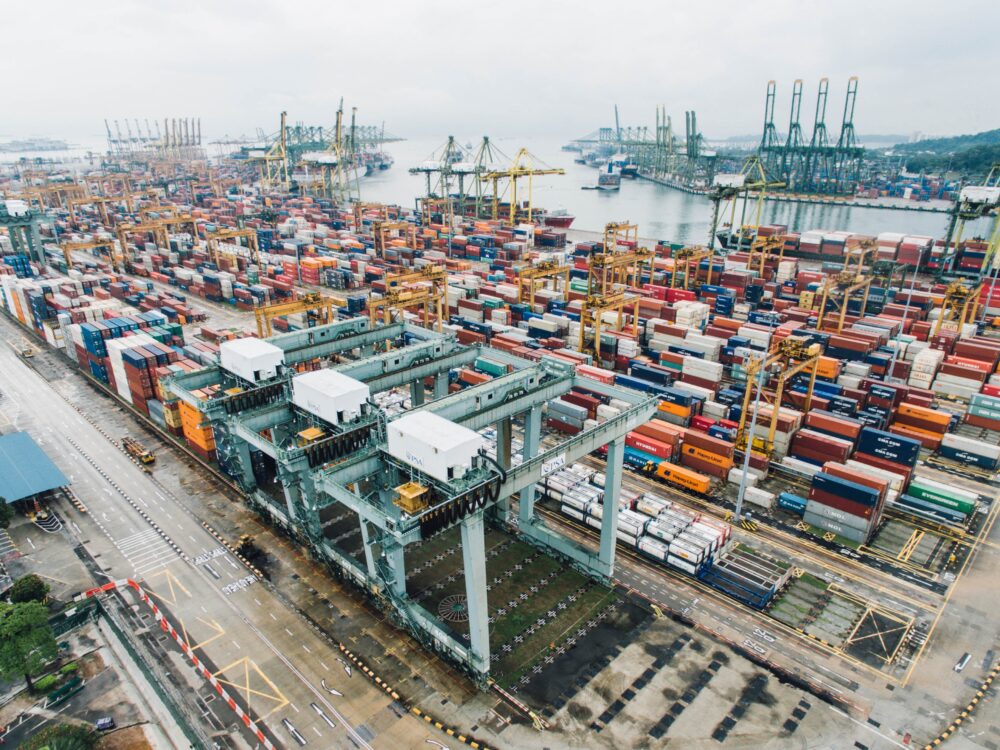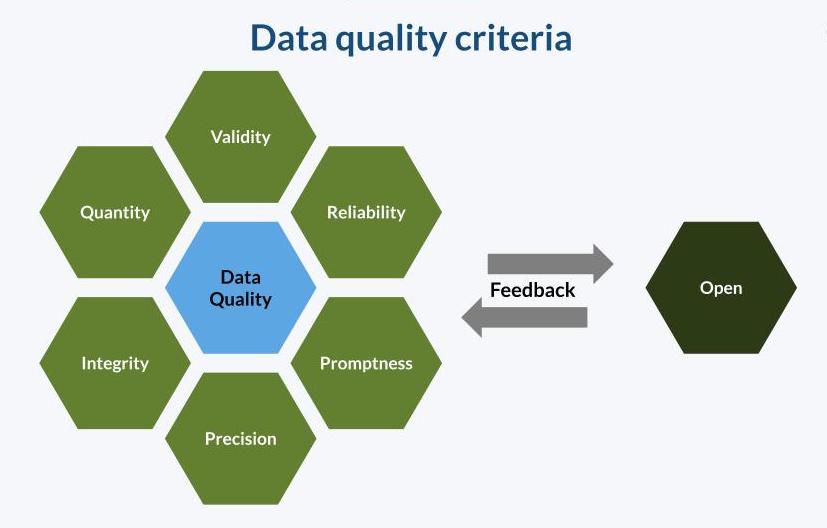Building Procurement Back, Better
This is the third blog in a three-part series exploring how governments can build resilient procurement systems. Development Gateway has been working on a project for the UK Government Digital Service (GDS) Global Digital Marketplace Programme and the Prosperity Fund Global Anti-Corruption Programme, led by the Foreign & Commonwealth Office (FCO), which included the topic of Covid-19 procurement response.
Read the full Emergency Procurement: Lessons Learned from Covid-19 report, and read blogs one and two in this series.
The IMF predicts the global economy will shrink by 4.9% this year as a result of the Covid-19 pandemic. According to a Gartner market analysis, the global IT market will shrink by 8% in the next year as a result of the recession.
However, the government technology market is expected to be more resilient, shrinking by only 0.6%. In fact, two government technology sectors – IT services and software – are predicted to grow in 2020 despite the severe global economic downturn.
How is government digital transformation growing, rather than shrinking?
As governments look to “build back better,” we can expect an influx of government spending to stimulate the economy, and a shift in priority goods and services to purchase. As the world transitions from emergency response to recovery, governments’ focus will shift from using technology to procure other products (as we described in our first blog in this series), to procuring technology products themselves. For example, Covid-19 has underscored the need for digital governance: not only digitizing government processes and workforces, but also the services provided to citizens — including education, health, registration authorities, housing and citizenship applications, etc.
Covid-19 has accelerated government digitization efforts across the globe as Ministries of Education shift to online learning, Ministries of Health roll out telemedicine services, and government employees continue to telework and access secure government servers via the cloud. Digital transformation is no longer a choice, but a core need. Working on extremely short timelines, to meet an entirely new set of needs, governments have relied heavily on existing and new digital solutions to meet increasing demands. However, longer-term investments in government digital service delivery require more rigorous procurement and design considerations.
Digitalization to support and rehabilitate local economies
Increased government spending on digital and IT services will not only streamline public service delivery, but also stimulate the economy. Redirecting government spending to domestic IT suppliers and local SMEs provides the added benefit of supporting local economies as they begin to rebuild from the initial shock of Covid-19. This presents a ripe opportunity to create jobs and stimulate the economy – but understanding who well-qualified domestic IT suppliers are, and the barriers they face to engaging with public procurement processes, is critical for making sustainable and effective investments. For example, the Indonesian Ministry of Health and National Standardisation Agency are relaxing noise restrictions on ventilators so that domestic manufacturers can speed up production. Adaptive and flexible procurement policy reforms such as these can help ensure efficient government spending during, and after, an emergency. Created in partnership with the Global Digital Marketplace Programme, DG’s indicator framework is a tool that can help governments understand and take smaller steps from their current “as-is” state to get to their desired “to-be” state of digital procurement reform.
The path – and the tools – to rebuilding responsibly
Moving forward, global government buyers that seek to procure digital solutions must take lessons from Covid-19 into account regarding user needs and holistic approaches.
Fortunately, the body of resources for governments looking to build resilient digital solutions is growing. For example, buyers can refer to OECD research and digital strategies to consider how policy compliments digitization; draw on knowledge from Australia and the United Kingdom which have both put together criteria/codebooks on digital service delivery; and prioritize user-centered design principles to ensure that digital solutions are used, useful, and build resilience.
The Emergency Procurement Report: Lessons Learned from Covid-19 report and indicator framework are key resources for country governments looking to responsibly adapt procurement operations to address Covid-19. We encourage wide use of the tool to identify where to strengthen procurement responses during emergencies, sustain government services, and support the economy during and post-crisis.
Related Posts

Resilience by eDesign: Digital Emergency Procurement
In a global emergency, public spending helps acquire materials to respond to the crisis, and stimulates the economy to assist with post-crisis recovery. In recent months, DG set out to understand what public procurement policies, contracting mechanisms, and data and digital capabilities were required to procure a rapid and effective emergency response.

Procurement Data and COVID-19: Buying Smarter in a Crisis
Achieving resilient public procurement goes beyond digitization and automation: data generated through these processes must also be used by government to make smarter decisions – particularly during crisis – and by civil society to hold government accountable for those decisions.

When Covid-19 Confirms the Need for Open Contracting in Senegal
Each year, governments spend trillions of dollars through public procurement of goods and services – without a focus on accountability, much can be lost through waste or corruption. Today, more than ever, transparency in public procurement and Open Contracting is needed in Senegal and around the world as governments respond to and recover from the Covid-19 pandemic.
